 by Taylor Lewis –
by Taylor Lewis –
The very idea of marriage being between just a man and woman is offensive to radical leftists because it holds male and female as distinct creatures. For egalitarian libertines, that’s a reality too horrid to survive in their utopia.
For years, opponents of same-sex marriage fretted that the unleashing of gay nuptials would open the door for all types of sexual decadence. Last presidential cycle, former Pennsylvania Senator Rick Santorum was panned heavily for comparing gay marriage to polygamy at a New Hampshire stop on the campaign trail. After a college student questioned his vigorous opposition to same sex couples being wed, Santorum responded in turn: “If it makes three people happy to get married, based on what you just said, what makes that wrong?” The remark was met with boos from students and condemnation from the liberal press.
Less than two years later, Santorum ran a victory lap after a federal judge struck down a ban on polygamy in Utah. [Read more…]

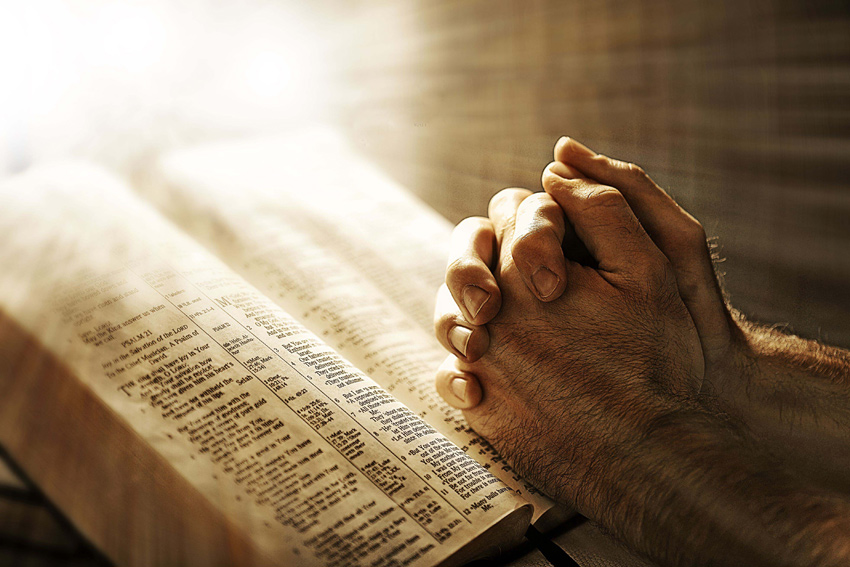 by St. John of Kronstadt –
by St. John of Kronstadt –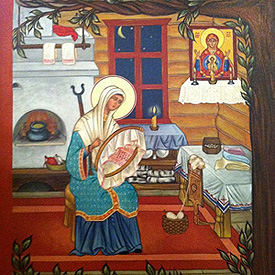 by Matushka Susan Young –
by Matushka Susan Young – by Joseph Pearce –
by Joseph Pearce –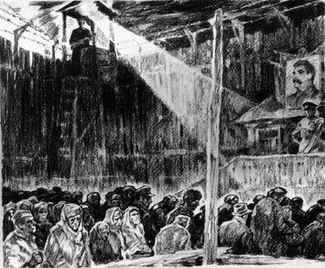 by Joseph Pearce –
by Joseph Pearce –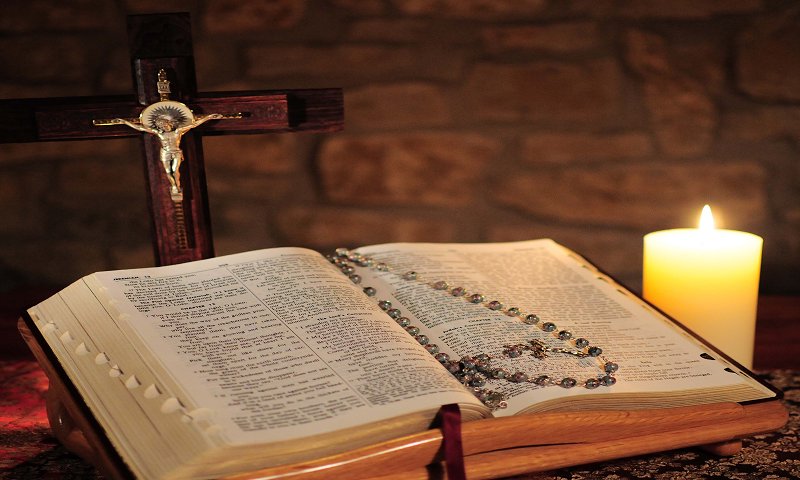 by Robert P. George –
by Robert P. George –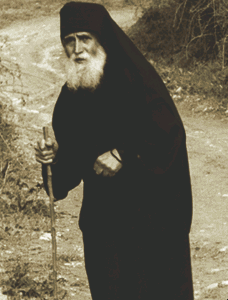 by Saint Paisios of Mount Athos –
by Saint Paisios of Mount Athos –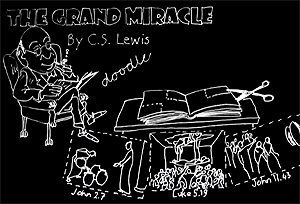 by C.S. Lewis
by C.S. Lewis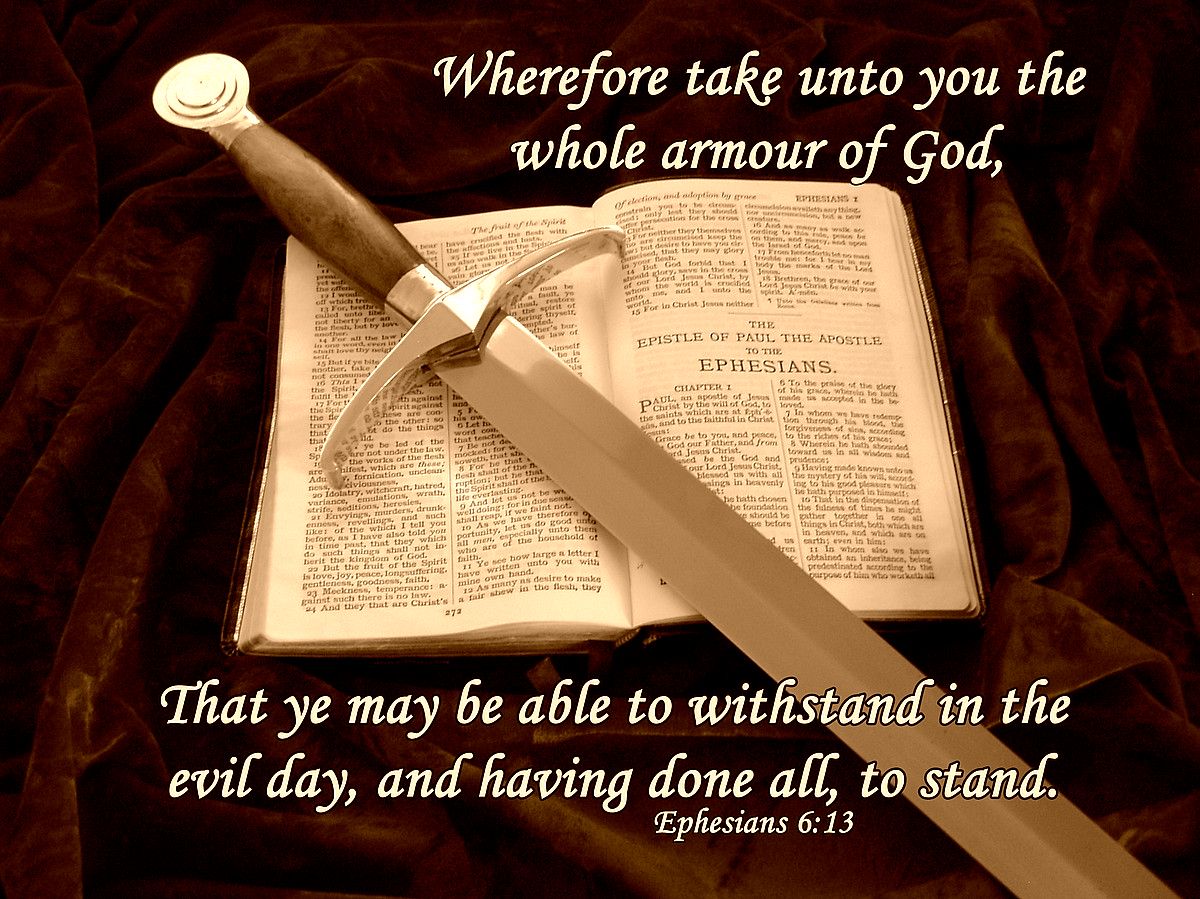 by Anthony Esolen –
by Anthony Esolen – by Ben Shapiro –
by Ben Shapiro –